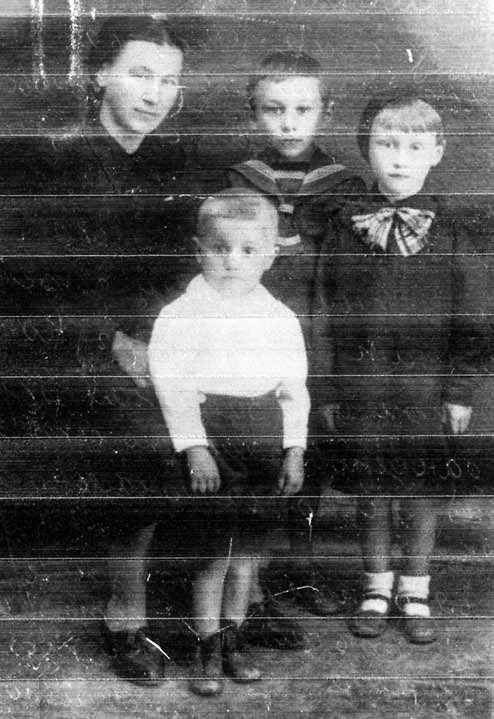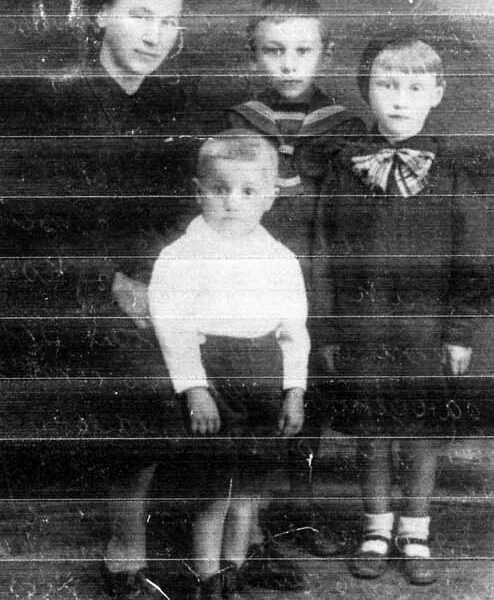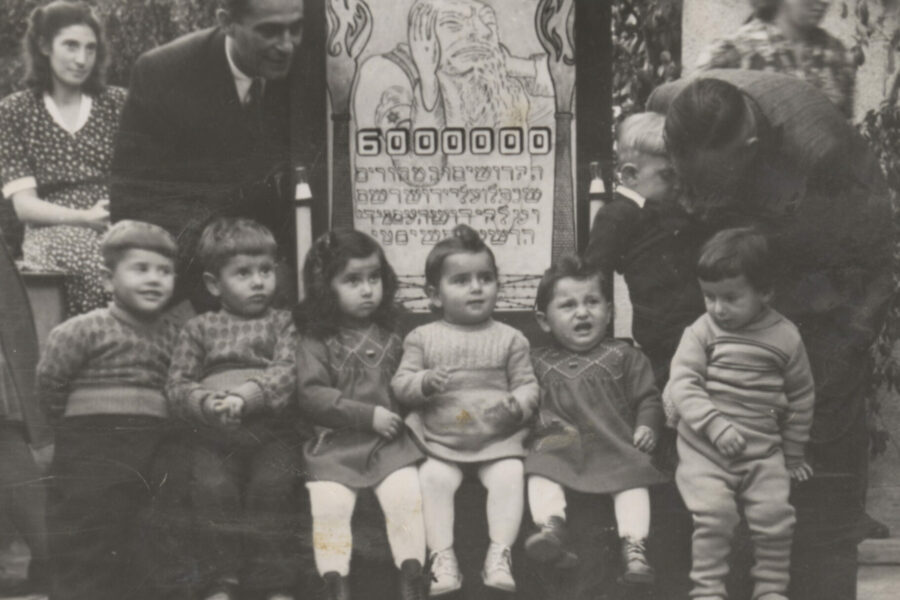There was a well, a big deep pit without any water in it, located on the outskirts of the village of Broad Stone. Jews from the village, both dead and alive, had been dumped there. It was our local “Babi Yar.” My parents and my brother, Yakov (born in 1926), had been thrown into that pit. A Ukrainian woman, Janina Vygovskaya, saved me. It was very dangerous for her to hide me. She took me by the hand and led me to the road toward the town of Novograd-Volynsky. She looked around and said, “You do not look like a zhidovochka [Jew]. You speak Ukrainian very well, so from now on you are a village girl. You should not hide. But you should forget from now on that you a Jew. And most importantly, do not cry if you remember your own grief. There is a war out there now. There is a lot of grief and cruelty going on right now. Remember: you are from an orphanage. As for your family name and first name, choose your first and last name for yourself.” She hugged and kissed me and said, “May God be with you!”
The hardest test for me was to not cry and to forget the past. I walked to the town of Koretz, Rivne Region. I entered the town early in the morning. German patrols were everywhere, watching the people passing by. Where could I go? To the police? They would send me to Germany for forced labor or else to the ghetto. It was necessary to leave the town. I wandered without any plan in mind. I felt very weak and hungry. Finally, I left the town. I could see individual farmhouses in the distance. I decided to knock at every door asking for any job. The first responses were not welcoming at all for “an orphan from an orphanage.” I continued walking from house to house.
At one house a woman, Fedosya Sukharevskaya, appeared on the doorstep holding a baby boy in her arms. “Who are you?” she asked. “I’m from an orphanage.” She asked, “Sovetka?” I replied that I was. “Not zhidovochka by chance?” she persisted. I told her, “No, I’m a Ukrainian.” The woman walked off somewhere and returned with a piece of bread and bacon. “Eat!” she said. “No, thank you,” I said. “Can you get me a job? I can do anything.”
“Okay,” she said. “Stay. It’s a sin to throw out sirotinushku. Stay with us as our nanny. Soon Ian will be coming, and we’ll decide what to do with you. True, he does not like the Sovetu.”
I told her that I did not like them, either, and that in 1939 they had shot my brother, a priest. “My name is Lida, my father was Ivan, and my mother was Maria,” I lied.
When the master of the house arrived, Fedosya said to him, “Ian, God will reward us for having sheltered an orphan. Yes, and it would be easier to take care of our three children.”
“Do as you please,” agreed the master of the house.
Fedosya told me to take off my clothes. When she saw my body she burst into tears and crossed herself. Then she burned my clothes, washed me, cut off my hair, and gave me clean clothes. I wondered why I did not feel like crying. I just became stonehearted and indifferent to everything. On that day the girl named Riva Valitskaya ceased to exist, and another one was born—Lida Shargorodskaya. Fedosya gave me a scarf and said, “You will remove it only at night. Tomorrow we are going to the police to register. Once a month we will report to the police station.”
At the police station Fedosya said, “She is from an orphanage. She is going to be my housekeeper. Give her documents.” I looked at the police without any fear, with complete indifference. I am not Riva Valitskaya. I had passed my first exam: Fedosya had believed me. The polizei issued a certificate. A German stamped and signed it. We left the police office. I prayed to God that in the future everything would turn out well for me.
The war had just begun. It was the winter of 1941. I was fourteen years old.
Written by Riva Valitskaya, Never Heard, Never Forget: Vol. I, 2017







